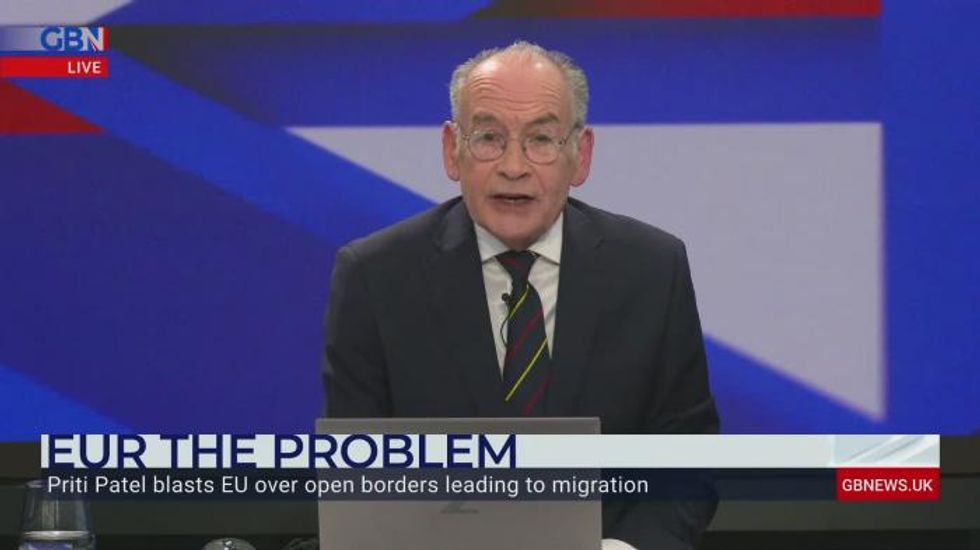Don't Miss
Most Read
Trending on GB News
The Culture Secretary Nadine Dorries, never one to hold back on her own thoughts, has said that people have become afraid to say what they think on social media for fear of being cancelled.
That on the day it emerges the cricketer Azeem Rafiq - who has spoken of his experiences of racism at Yorkshire County Cricket Club and elsewhere in the world of cricket, apologised and said he is "deeply ashamed" for using anti-Semitic language in Facebook messages from 2011.
Another cricketer Alex Hales, involved in the Rafiq row, took to Instagram to apologise for "all the offence" he has caused after a 2009 photo showing him wearing black make-up was published.
Both episodes were a decade ago when the men were in their late teens or early twenties.
But today, ten or eleven years on, the row rolls on social media.
The voices condemning the men for appalling judgement and rank hypocrisy are legion.
A handful have risked much by suggesting that things folk said a decade ago might be taking as that: thoughtless, youthful errors of judgment.
That may be right or wrong - it is rather up to you - but, for saying it the authors may well be blocked.
Years ago, my ITN friend Julie Etchingham told me there was this new thing called Twitter that I should look at.
She said it was the internet equivalent of wetting your finger and holding it in the air to see which way things were going.
It is at its best when it does just what Julie suggested it would do: providing a platform for pointing you to things you might find interesting - political, economic, social and cultural; it can shine as a forum for intelligent takes on these matters.
But for that to work, you have to feel free to say what you think.
You might be wrong - even profoundly wrong - but you should be able to say it, within the law.
If that freedom of expression is lost, it simply becomes a puritanical echo chamber for the politically correct.
If, as Nadine cautions, the fear of being blocked or ‘cancelled’ mutes the provocative on both the left and the right, our discourse is the weaker.
Don’t get me wrong: I am not saying that we should give a free pass to those who hold outrageous views. But I want the chance to be reminded such thoughts are still held by folk and I want the chance to dispute them.
I think social media needs to do more to prevent users from posting illegal and harmful content.
Many, if not most, of the authors of such content don’t show their faces or use their real names on social media. That’s wrong.
But that is different to a young cricket player, showing his name and face, who posted anti-Semitic content the years ago has now apologised, blaming his young age.
People are free to condemn him and he is free to defend or explain himself.
I think social media should be reformed from the inside. Users should have names, pictures and some form of verification.
Submit their identification documents and I promise you that half of harmful content will not be posted anymore.
What’s more, social media should not allow anti-Semitic or racist content to be published in the first place.
When the cancel culture knocks down states, renames institutions and re-writes history, it is in public.
We can approve or disapprove, with reason and in public.
When cancel culture grips our public discourse and silences the author of that which many find offensive, it drives such thoughts and such thinkers into the shadows or under-ground.
They become hidden, unchallenged but still active.
That, in my view, is much more worrying











